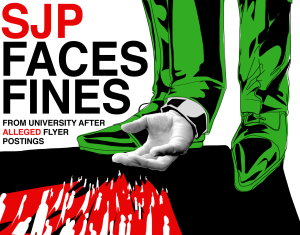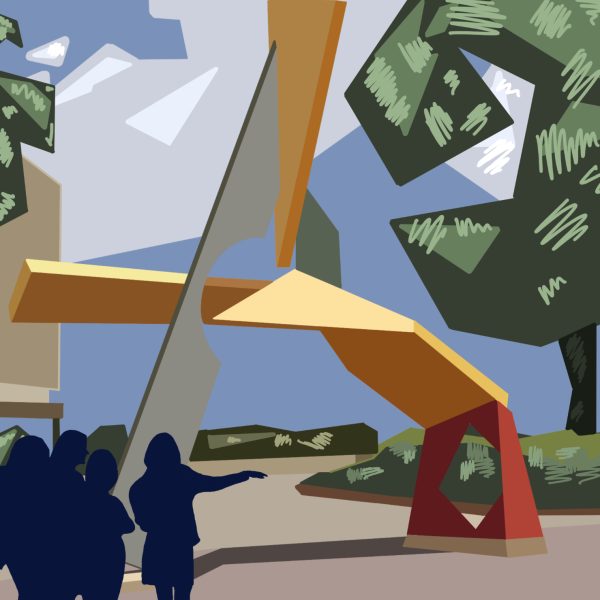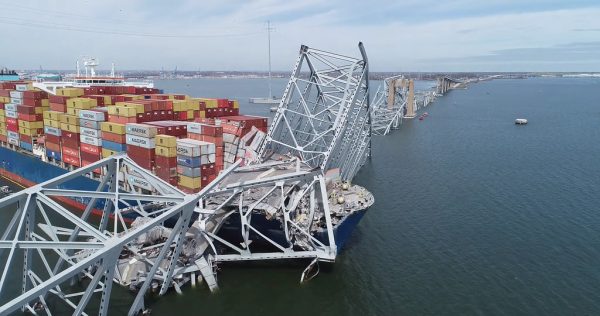Offsetting beyond the possible
September 13, 2013
For the last year, six British communities piloted a program that weighs the benefit of development against the toll that progress may take on the environment. Now the United Kingdom has outlined a plan for implementing a “biodiversity offsetting” program throughout the country.
Offsetting is a system wherein developers are permitted to develop environmentally sensitive areas if losses to biodiversity are compensated monetarily. Then the money is reallocated to pay for conservation activities elsewhere. The big pitch for biodiversity offsetting is that the program will allow the economy to grow while improving the natural environment.
In theory, this is a lovely idea. We build a nice new development where our growing population can prosper, create jobs that will stimulate the economy and infuse the parks and conservation sector with the money it needs to conserve more land and maintain the natural beauty and biodiversity of any given country. All is well and good until one considers that the health of the environment— an entity that is undeniably threatened by the enormous footprint of humankind— is being directly correlated to a monetary amount.
Biodiversity is a truly slippery slope; it is an aspect of the environment that is known but impossible to truly understand, given the intricate interplay between even the most seemingly insignificant members of an ecosystem. Offsetting assumes that directly relating any region of nature to another is possible; it assumes that nature is interchangeable and that a bureaucratic system will be able to deem one area more beneficial for conservation while another region is given to industry and progress. The idea of offsetting concretely places nature as equal to development as its worth to society, a rather disturbing equality to say the least. Biodiversity can be quantified and compared, but at the same time I can’t see any scientist worth their salt wishing to replace one with another.
Besides the fact that biodiversity cannot really be offset, the act of offsetting promotes the loss of responsibility. This is no minor point.
Responsibility is the root of respect, and when the law permits you to simply pay a fine and then go along your merry way, causing whatever damage you may deem acceptable, any sense of responsibility is lessened if not lost. Without a sense of responsibility the chasm between our surroundings and us is simply widened. The idea of responsibility is paramount to any sort of environmental thinking. I suppose the notion that offsetting is to be deemed a last resort is of some comfort, yet the phrasing of the program seems to suggest that “biodiversity offsetting” will be used as a means for recklessness and greater indiscretion.
Here at Case Western Reserve University, we live in that notorious bubble which encases us in a warm cocoon of academia, stress and, hopefully, fun. I like to think that this separation is rather superficial and that we, as a student body, live and contribute beyond our campus; that we do not lose our sense of responsibility when we enter our freshman residence halls and don our new personas as college students.
While our campus has an LEED certified building, a sustainability club and utilizes a food supplier that is relatively environmentally friendly, I am not convinced that our efforts are sincere or even substantial. I think that part of the issue stems from our claims that we are an environmentally sound campus. By claiming this title, we as students seem to unconsciously embrace the idea of offsetting. If our campus is being so wonderful and giving back by investing in the concepts of environmentalism, then perhaps the weight is not so heavy on our individual shoulders. I think we all feel a little less responsible considering we’ve been told that someone else is doing our job for us. Wondrous forces seem to be at work at CWRU when it comes to environmental progress, however we cannot remove ourselves from the equation. As we go on we must always seek to remember that we are not discrete, that we are not separate, and that we must all do our part to think about the bigger picture in every possible way – including the environment.
Ashley Yarus is a second year student studying Chemical Engineering.
























